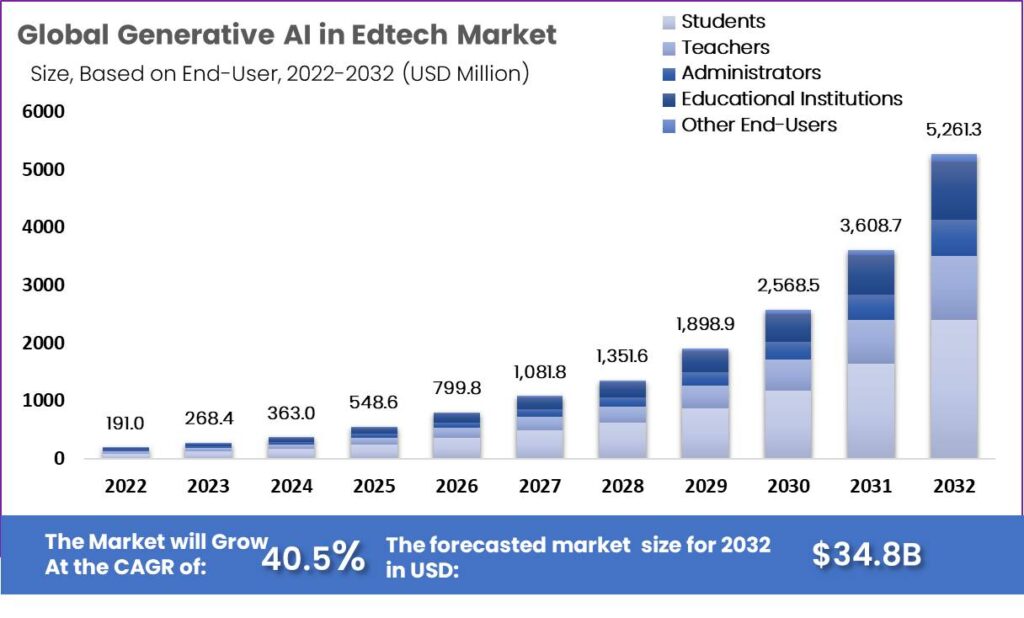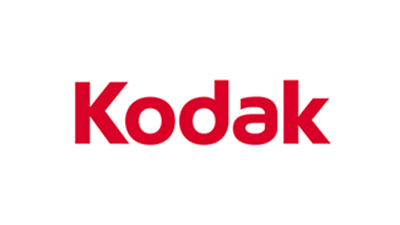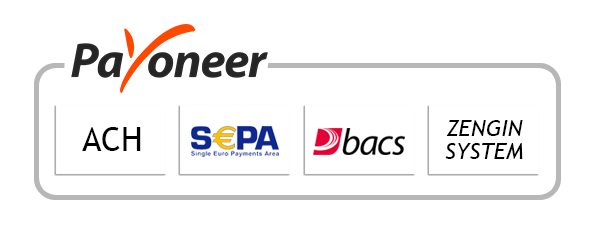
-
Report ID 138119 -
Published Date June 2023 -
Delivery Format PDF/PPT/Word -
Editor's Rating
-
Report Details
Report Overview
The Generative AI in Edtech Market is projected to reach a valuation of USD 5261 Mn by 2032 at a CAGR of 40.5%, from USD 191 Mn in 2022. The growth of this market is being driven by the increasing demand for personalized and adaptive learning experiences, the exponential growth of data in the education sector, and the growing adoption of cloud-based edtech solutions.
Generative AI is expected to play a larger role in edtech in the coming years. This is because generative AI has the potential to personalize learning experiences, automate content production, and enrich educational resources.

Key Takeaways
- Generative AI has quickly become an essential technology tool within educational technology (edtech), creating customized learning experiences, automating content production processes, and expanding educational resources.
- Generative AI will experience significant growth over the coming years due to increased demand for personalized and adaptive learning experiences.
- North America and Europe currently represent the leading markets for generative AI applications in educational technology; however, developing nations are projected to experience rapid expansion over the coming years.
Generative AI provides numerous potential opportunities in edtech market. Some examples are:
Personalized learning experiences, automated content production and enhanced educational resources – are just some of the capabilities necessary to provide access to education to underserved populations.
Market Demand and Trend
- The increasing demand for personalized and adaptive learning experiences
- The exponential growth of data in the education sector
- The growing adoption of cloud-based edtech solutions
Some Obstacles to the Continued Growth
There are a number of obstacles that could hinder the continued growth of generative AI in edtech market. These include:
- The high cost of developing and deploying generative AI solutions
- The lack of skilled professionals who can develop and deploy generative AI solutions
- The lack of awareness of the benefits of generative AI in edtech
Regional Landscape
The generative AI in Edtech market exhibits a global presence with significant regional variances. Key regions include:- North America: Leading market due to early adoption of AI technologies and a well-established education sector.
- Europe: Growing adoption is driven by government initiatives and increasing investments in Edtech.
- Asia Pacific: Rapidly expanding market fueled by a large student population and increasing digital infrastructure.
- Latin America: Increasing focus on improving access to quality education through technology-driven solutions.
- Middle East and Africa: Growing interest in leveraging AI for education to address educational disparities and enhance learning outcomes.
Top Key Players in Generative AI in Edtech Market
- Microsoft Corporation
- Google LLC
- Cognii Inc.
- Knewton
- Blackboard
- Metacog Inc.
- Duolingo
- Other Key Players
Recent Developments
- Cognition Builder and Google AI have partnered to use generative AI to provide customized learning paths for students.
- Knewton has unveiled an adaptive assessment platform powered by artificial intelligence that uses personalized assessments tailored to an individual student’s level of knowledge, offering immediate feedback.
- Aura has unveiled a revolutionary educational content platform using artificial intelligence to generate engaging and interactive material tailored specifically to each learner, with frequent updates.
Market Dynamics
Drivers:
- Growing need for personalized and adaptive learning experiences.
- Increasing adoption of digital learning platforms and online education.
- Advancements in AI technologies, such as natural language processing and machine learning algorithms.
- Rising demand for scalable and efficient educational solutions.
- Government initiatives and investments in Edtech to modernize education systems.
Restraints:
- Data privacy concerns and ethical considerations related to the use of student data.
- Limited availability of skilled AI professionals with expertise in education.
- Resistance to change and cultural barriers to the adoption of AI in education.
- Integration challenges with existing educational systems and technologies.
- Cost constraints for implementing AI-powered solutions in resource-constrained settings.
Opportunities:
- Integration with existing Edtech platforms to enhance their capabilities and provide personalized learning experiences.
- Collaboration with educational institutions to develop AI-powered solutions that address specific learning challenges.
- Expansion into developing markets with a focus on affordability, accessibility, and localized content.
- Partnerships with content providers to automate content generation and adapt it to different learning styles.
- Application of generative AI in vocational training and corporate learning to enhance workforce skills.
Challenges:
- Data privacy concerns and ensuring the ethical use of student data.
- Limited awareness and understanding of AI among educators and administrators.
- Lack of standardized guidelines and best practices for implementing AI in education.
- Integration challenges with existing educational systems and technologies.
- Adapting AI algorithms and models to different cultural and linguistic contexts.
Market Segments
Based on Technology
- Adaptive Learning
- Content Generation
- Automated Grading
- Personalized Tutoring
- Virtual Simulations
- Intelligent Learning System
- Other Applications
Based on End-User
- Students
- Teachers
- Administrators
- Educational Institutions
- Other End-Users
Key Regions and Countries
North America
- US
- Canada
- Mexico
Western Europe
- Germany
- France
- The UK
- Spain
- Italy
- Portugal
- Ireland
- Austria
- Switzerland
- Benelux
- Nordic
- Rest of Western Europe
Eastern Europe
- Russia
- Poland
- The Czech Republic
- Greece
- Rest of Eastern Europe
APAC
- China
- Japan
- South Korea
- India
- Australia & New Zealand
- Indonesia
- Malaysia
- Philippines
- Singapore
- Thailand
- Vietnam
- Rest of APAC
Latin America
- Brazil
- Colombia
- Chile
- Argentina
- Costa Rica
- Rest of Latin America
Middle East & Africa
- Algeria
- Egypt
- Israel
- Kuwait
- Nigeria
- Saudi Arabia
- South Africa
- Turkey
- United Arab Emirates
- Rest of MEA
FAQs
Q.1. What are the benefits of using generative AI in the edtech industry?
There are many benefits to using generative AI in the edtech industry. Some of these benefits include:
- Personalized learning experiences: Generative AI can be used to create personalized learning experiences for each individual student. This means that students can learn at their own pace and in a way that is tailored to their specific needs and learning style.
- Increased engagement: Generative AI can be used to create more engaging and interactive learning experiences. This can help to keep students motivated and engaged in their learning.
- Improved learning outcomes: Generative AI can help to improve learning outcomes by providing students with more personalized and engaging learning experiences.
Q.2. What are the challenges of using generative AI in the edtech industry?
There are some challenges to using generative AI in the edtech industry. Some of these challenges include:
- Bias: Generative AI models can be biased, which means that they may not produce accurate or fair results.
- Privacy: Generative AI models need to be trained on large amounts of data, which raises privacy concerns.
- Cost: Generative AI models can be expensive to develop and deploy.
Q.3. What are the future trends of generative AI in the edtech industry?
Generative AI is a rapidly evolving field, and there are many potential future trends for its use in the edtech industry. Some of these trends include:
- The use of generative AI to create more immersive and interactive learning experiences.
- The use of generative AI to personalize learning experiences for each individual student.
- The use of generative AI to improve learning outcomes.
-
Table Of Content
Research Insights & Deliverables
 Development and Future Forecast
Development and Future Forecast Competitive benchmarking
Competitive benchmarking Company Revenue Statistics
Company Revenue Statistics Rising Regional Opportunities
Rising Regional Opportunities Technology Trends and Dynamics
Technology Trends and Dynamics Technology Assessment
Technology Assessment
-
Inquiry Before Buying
Research Insights & Deliverables
 Development and Future Forecast
Development and Future Forecast Competitive benchmarking
Competitive benchmarking Company Revenue Statistics
Company Revenue Statistics Rising Regional Opportunities
Rising Regional Opportunities Technology Trends and Dynamics
Technology Trends and Dynamics Technology Assessment
Technology Assessment
-
Request Sample
Research Insights & Deliverables
 Development and Future Forecast
Development and Future Forecast Competitive benchmarking
Competitive benchmarking Company Revenue Statistics
Company Revenue Statistics Rising Regional Opportunities
Rising Regional Opportunities Technology Trends and Dynamics
Technology Trends and Dynamics Technology Assessment
Technology Assessment














